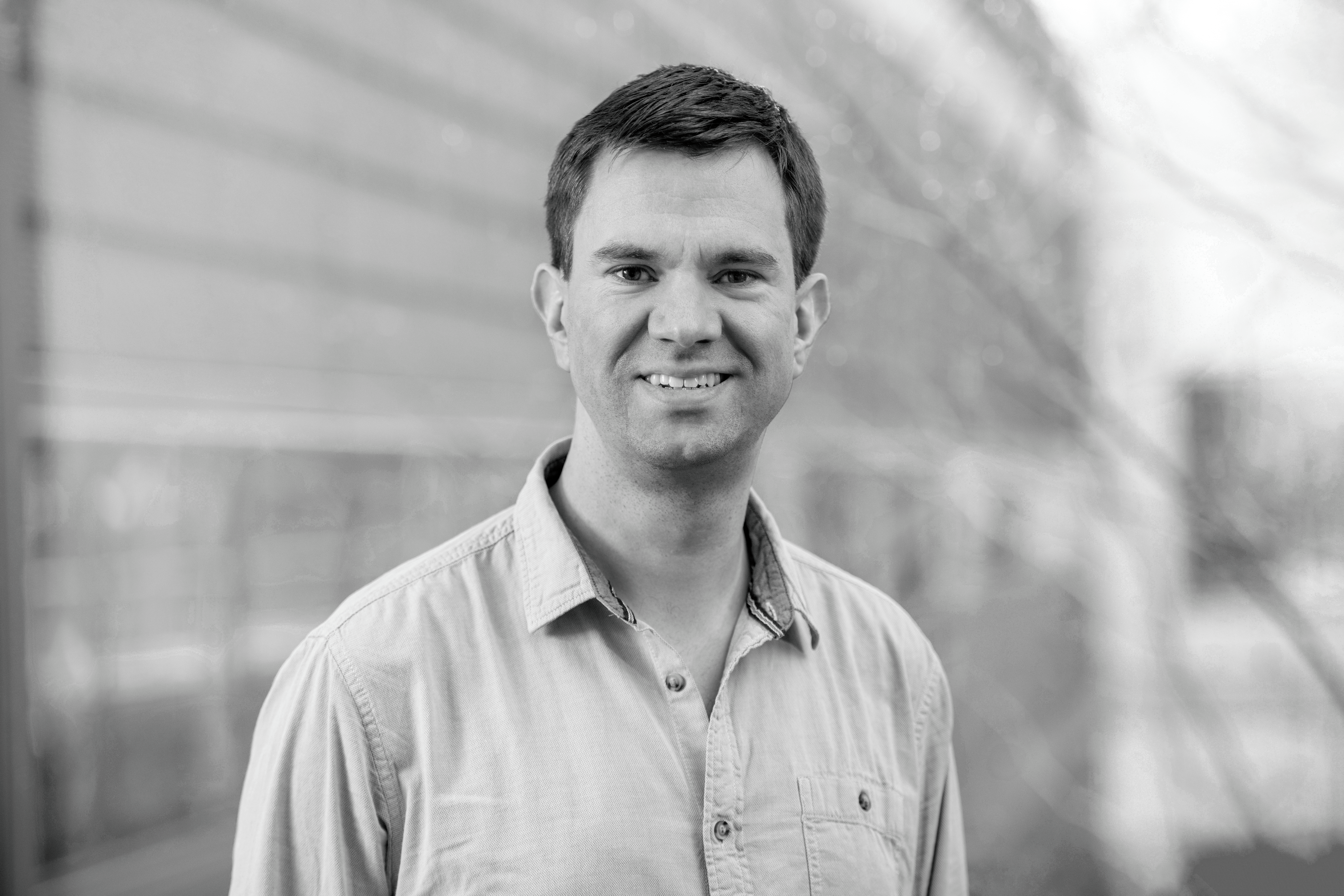Systems Medicine
Dr. Dr. Stefan Kallenberger
We specialize in integrating mathematical modeling, biological experiments, and clinical data to understand cell signaling systems, with a particular focus on cancer. Through a multifaceted approach, we delve deep into the intricate mechanisms underlying cellular signaling, employing a diverse array of techniques such as protein quantification, sequencing, and live-cell imaging for model calibration. Our innovative CytoScanner platform stands as a testament to our commitment to advancing cancer treatment paradigms, harnessing the power of machine learning to optimize chemotherapeutic drug schedules for enhanced efficacy and reduced toxicity. We also create predictive models for diagnostics and collaborate across disciplines for functional pathophysiology insights.
Research Strategy
The systems medicine team is dedicated to applications of mathematical modeling in medicine and cellular biology. Our aim is to understand functional aspects of signal transduction systems in cells with focus on cancer research. To this end, we combine different types of mathematical models with biological experiments or clinical data. To calibrate models, we apply experimental methods for protein quantification, microscopy as well as sequencing techiniques. In particular, we perform live-cell imaging to quantify processes in single cells and capture heterogeneity in cell populations.

Recently, we developed a microscopy platform for automated live-cell imaging and perfusion with chemotherapeutic drugs called CytoScanner. Furthermore, we are active on the field of data science in medicine. In this context, we developed predictive models for diagnostic applications and the early detection of diseases. Inspired by the motto semper apertus of our university, we are always open for exchange and collaborations with other research groups across disciplines to move towards a functional understanding in pathophysiology and translational medical research.
Further information can be found on our HiDiH website

Dr. Dr. Stefan Kallenberger
- +49 (0)6221 54-51308
- stefan.kallenberger@bioquant.uni-heidelberg.de
- Find more information
Selected Publications
Temporal control of the integrated stress response by a stochastic molecular switch.
Klein P*, Kallenberger SM*, Roth H, Roth K, Ly-Hartig TBN, Magg V, Aleš J, Talemi, SR, Qiang Y, Wolf S, Oleksiuk O, Kurilov R, Di Ventura B, Bartenschlager R, Eils R, Rohr K, Hamprecht FA, Höfer T, Fackler OT, Stoecklin G, Ruggieri A. (*, shared first authors)
Science Advances 2022, 8, eabk2022
Prospective multicentric validation of a novel prediction model for paroxysmal atrial fibrillation.
Schmidt C, Benda S, Kraft P, Wiedmann F, Pleger S, Büscher A, Thomas D, Wachter R, Schmid C, Eils R, Katus HA, Kallenberger SM.
Clin Res Cardiol 2021
Coupling Cas9 to artificial inhibitory domains enhances CRISPR-Cas9 target specificity.
Aschenbrenner S*, Kallenberger SM*, Hoffmann MD, Huck A, Eils R, Niopek D. (*, shared first authors)
Science Advances 2020;6:eaay0187
Unraveling mitotic protein networks by 3D multiplexed epitope drug screening.
Maier LJ*, Kallenberger SM*, Jechow K, Waschow M, Eils R, Conrad C. (*, shared first authors)
Molecular Systems Biology 2018;14:e8238
Kallenberger SM, Beaudouin J, Claus J, Fischer C, Sorger PK, Legewie S, Eils R.
Science Signaling 2014;7:ra23 ("Editors' Choice" in Science Vol 343, 2014)